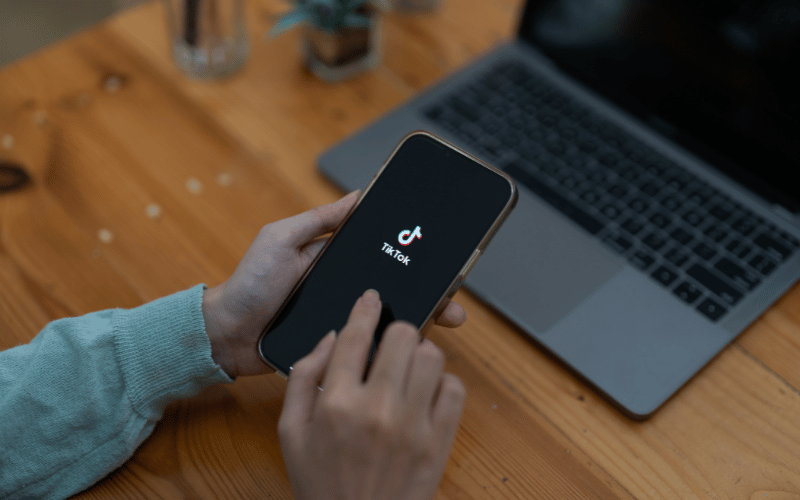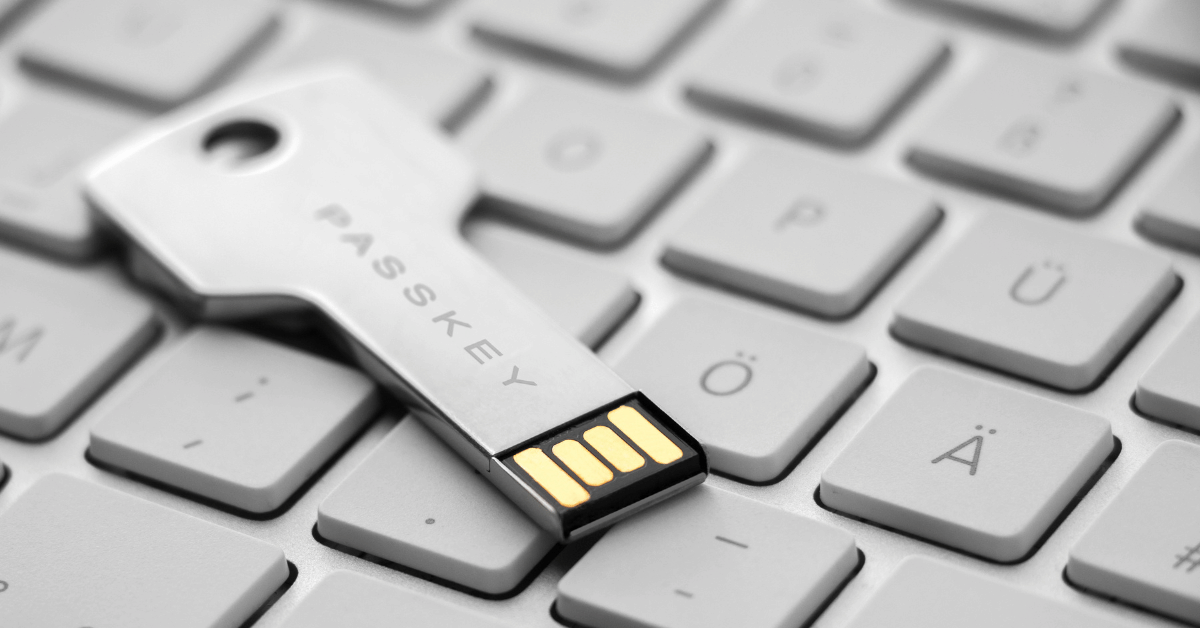TikTok Security Concerns in the Workplace

TikTok, the viral social media app centered around short videos and owned by the Chinese company ByteDance, is coming under intense scrutiny. By now, many of us have seen a TikTok video filmed in someone’s workplace—those “day in the life” clips or rants about coworkers, supervisors, or customers. Or you may have seen a video of someone discussing an unrelated subject while sitting at their desk. It’s safe to say that TikTok has found its way into many workplaces, for better or for worse. But the issue goes deeper than catching unsanctioned glimpses into the workplace environment. Many organizations are worried about TikTok itself, the data it gathers, and which hands that data ends up in.
Does TikTok Pose a Security Risk to Corporate Networks?
TikTok, like any other social media app, can pose a potential security threat to a corporate network if used by employees. The app may collect personal information and usage data that could be exploited by cybercriminals, and the app’s security protocols could be compromised.
There have been concerns raised about TikTok’s data collection practices, which include tracking user behavior, location, and contacts. Additionally, TikTok’s parent company, ByteDance, is based in China, which has led to concerns about potential government access to user data.
If employees use TikTok on a corporate network, it could potentially compromise the network’s security. Hackers could exploit vulnerabilities in the app to gain access to sensitive corporate data or use the app as a vector to distribute malware to other devices on the network.
To mitigate these risks, companies may choose to restrict or ban the use of TikTok on their corporate networks. They could also implement security protocols and software to monitor and control access to social media apps and other potentially risky applications. Additionally, it’s essential to educate employees about the potential risks associated with using social media apps on company devices and networks.
TikTok Security Concerns Are Mounting
Many states have growing TikTok security concerns. These concerns have led 18 Republican-led states to ban the use of the app on government devices. Federal agencies also bar staffers from using TikTok on their government phones and devices, including the Pentagon, the State Department, and the Transportation Security Agency.
Moreover, Europe is taking a similar approach to TikTok risk, with the European Parliament banning the app on staff phones. This move came just one day after the White House gave federal agencies 30 days to remove TikTok from all government devices. Canada has also followed suit, banning TikTok from government devices over security concerns.
But what TikTok security concerns are at play here? More generally, officials believe that the app could collect sensitive data from users, which the Chinese government may then access. In addition, they’re equally worried that the app may pose a threat to network security and endpoint security. For example, could the app be used to access sensitive information on government devices or to infiltrate government networks (an attack vector)?
The concern here stems from a lack of trust in ByteDance and fears over how much access and control Beijing has over the company and, subsequently, the app. ByteDance denies allegations that the Chinese government is involved in its operations, but these denials are largely falling on deaf ears.
Assessing the Seriousness of the Risk
There have been some reports of cybersecurity incidents involving TikTok, but it’s not clear if any companies have specifically experienced a cyber attack involving the app.
For example, in 2020, TikTok was found to be accessing users’ clipboards on iOS devices, which raised concerns about the app’s data collection practices. However, there have been no reports of TikTok being used as a vector for a cyber attack specifically targeting a corporate network.
That being said, it’s important to note that the threat landscape is constantly evolving, and new threats can emerge at any time. Companies should remain vigilant and take steps to mitigate potential risks associated with the use of social media apps on their networks, including TikTok.
TikTok Security Strategies Are Evolving
Government agencies banning TikTok is noteworthy, but what does it mean for everyone else? Some argue that governments are being a little paranoid, especially in assessing TikTok’s risk to endpoint security and network security. Still, others argue that governments have a duty to take stringent security measures regarding government data and systems.
But what should private companies do? First, it’s important to note that TikTok poses other significant concerns. For example, employees may unintentionally share confidential company information by filming a video with visible employee screens. They may also give the company a bad reputation by sharing negative stories about the workplace on the platform.
The less popular app BeReal is also coming under scrutiny for similar reasons. BeReal takes a less sensationalist approach than TikTok (it has no filters, hashtags, or followers) and is aimed at users showing an unfiltered view of their everyday life. Since this app requires you to be someone’s friend before you view their BeReal, it may create a false sense of security where users feel less inclined to censor confidential information.
Companies will have to determine their own risk tolerance, but it’s telling that organizations most focused on cybersecurity believe that TikTok is a significant security risk. More widely, companies should update their social media policies to define whether TikTok is allowed on company devices and how (and if) its use is sanctioned in the workplace – don’t leave your security up to chance!
Related Reading
Try Portnox Cloud for Free Today
Gain access to all of Portnox's powerful zero trust access control free capabilities for 30 days!







